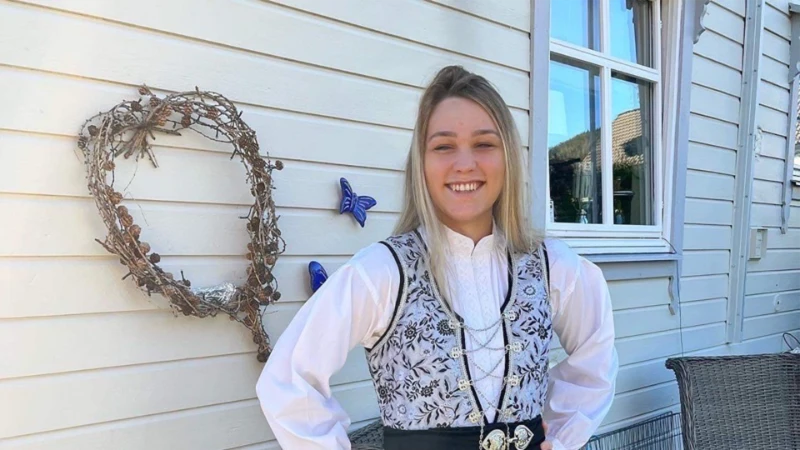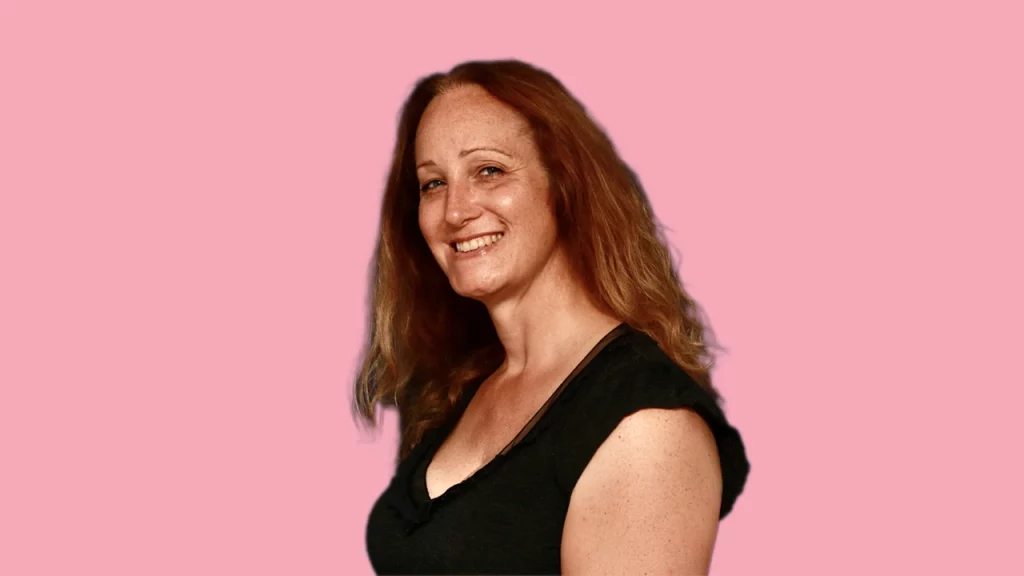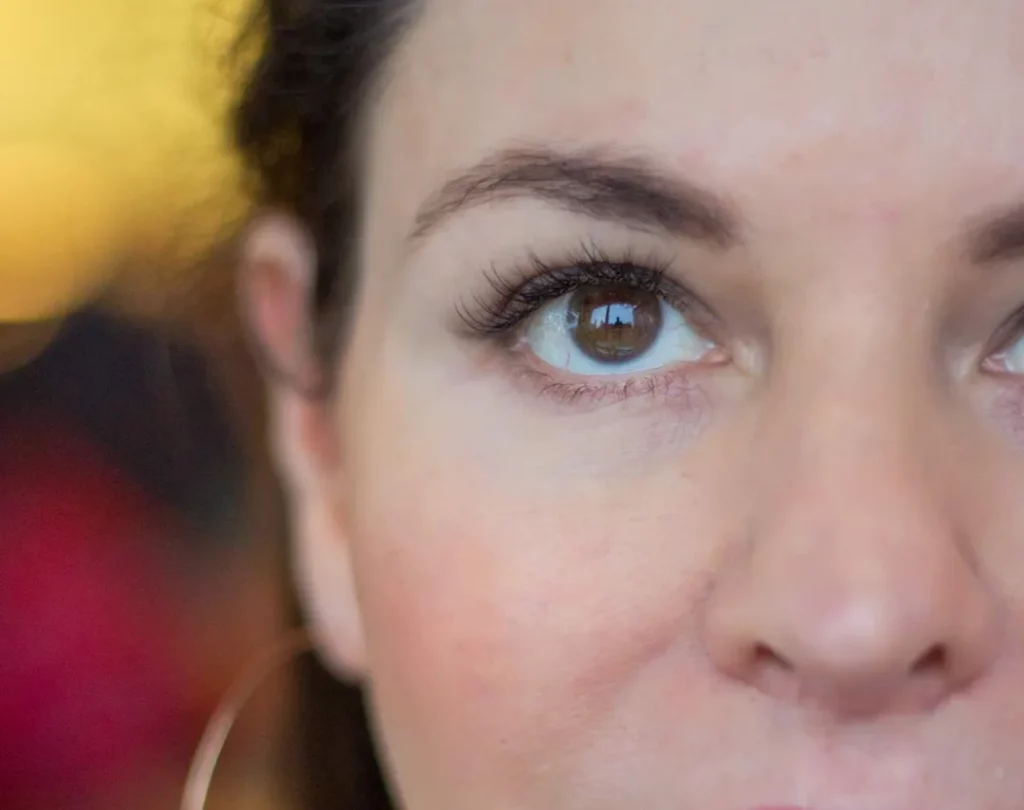Discussing Your Loved One’s Gender Transition With Others

Navigating the sensitive and vital topic of a loved one’s gender transition can be a challenging but essential conversation. In this blog, we’ll explore effective ways to discuss and support your loved one’s journey with friends, family, and colleagues, fostering understanding, empathy, and acceptance in the process.
The Five “Ws”
When speaking with the companions* of those whose loved one needs to gender transition and/or is questioning their gender, the five “Ws” are often part of the conversation.
- is it necessary to tell others that my loved one needs to transition?
- if the decision is to share this with others, who will be told and by whom?
- what will be said to them and at what point?
- why will this person be included in my loved one’s journey?
- when, if at all, will be the best time for this to occur?
- where and when will this dialogue take place?
The answers to these critical questions and unknowns are vital. It is strongly suggested that they are addressed throughout the gender transition process so those affected can be on the same page and prepared before these discussions commence.
*Whenever it states companions, it refers to partners, parents, family members, and friends.
How to Begin Using the Five “Ws”
A clear and user-friendly roadmap has been developed and detailed below that many companions and TGD** individuals may find quite helpful. If any suggestion does not feel right to anyone involved in this process, feel free to adjust it to make everyone feel safe, heard, and respected. Some ideas may flow easily while other elements can take time to formulate and require much negotiation and/or compromise. The key throughout all of this is open and honest communication that allows everyone’s voice and point of view to be acknowledged without judgment or malice. It is significant to remember that as part of a supportive team, companions have the same common goal as their loved one which is to share their gender journey with others in a manner that feels right to all involved but most especially to the person who identifies as TGD.
**TGD stands for transgender and gender diverse
Who to Tell
When the partners, parents, and family members of TGD individuals and their TGD loved one decide to tell others about their need to live in their affirmed gender, two major questions often arise. Who will they share this information with over time? Who will they not share this information at this time?
One critical point throughout all aspects related to discussing this with others is that the voice that counts the most is the person who is affirming their gender and their wishes need to be honored. If the TGD person does not want a particular individual to know of their gender transition and/or gender questioning, their request must be respected. Moreover, if a companion feels strongly about not sharing this with someone on the list, it may be best to table informing them until everyone feels comfortable talking about such private information.
Many people begin by having the TGD person and their companions each make a separate list of people they are considering telling. Once the list is made, it is suggested that those in the inner circle compare their lists and create a new list of all those that they have in common from everyone’s original list. These will be the people you will start discussing this with for now. It is recommended that the remaining names on the lists which do not overlap, will be negotiated, and addressed at a different time once those on the new list are spoken with first. Some TGD folx*** want to inform people on their own, while others prefer companions to do it for them or together as a team. This aspect of speaking with others needs to be sorted out once the new list is constructed and again, the TGD person’s preference should outweigh everyone else’s desires. It is always best to hold off talking with anyone if discussing this information with a specific person becomes too conflicted or combative within the inner circle.
Once the sharing process commences and everyone becomes more at ease with talking to others, the fears and conflicts within the inner circle often dissipate. It is acceptable to adjust the new list if circumstances present themselves that warrant someone be deleted or added, but these changes should be agreed upon by the companions and their TGD loved one.
***“Folx” is a common spelling used in the Trans Community for the word “Folks”
What to Discuss With Others
What to discuss with others is highly personal and something that should be worked out and aligned with what the TGD person wants others to know. Some people have spoken of telling others the name and/or pronoun/s they should now be addressed by that align properly with their affirmed gender. Others may want to disclose details of their gender journey, which can or cannot include aspects of the social or medical interventions they may or may not be considering, as well as those they could have chosen to embrace already. In any case, decisions must be honored!
It would be helpful to let those you speak with know how they can supportive and be as specific as possible. Be clear to let others know what you do not want shared with others and what, if anything, can be shared with others.
If, When, and Where to Speak With Others
It is as important to know who you want to share this information with, as it is to know who you do not. If there is any doubt about discussing this personal business with someone, you may opt to delay telling them until and if you are sure that you want them to know. Setting up a timeline can be extremely helpful. Once you have the new list you might elect to prioritize the order of when you will talk to them. Initially you may opt to speak with immediate family and close friends within a few weeks or months of realizing you will want to share this with others. However, some people can find they prefer to wait until any social or medical interventions have begun, should this be part of your loved one’s gender journey. Other people may choose to tell only those they see often, while some folks feel it is easier to converse with acquaintances first. There is no right or wrong way to proceed, for this is all a personal choice based on your own needs and comfort level.
Creating a calendar in reference to communication about the need to transition such as who will discuss this, plus the dates, times, and where you will meet them, can be a useful tool to provide concrete structure as you plan. For some people, speaking with them in a private space may be preferable, yet for others it could feel more appropriate and safer to do so in a more public environment. Regardless of where and when you have this dialogue, it would be wise to plan as to how you will be able to quickly leave a situation that is not going well on any level. There is no reason to endure any type of abuse or compromise your safety. It is also encouraged to bookend each connection by having someone know where you are meeting a person, especially if it is alone, and when you intend to return home. It may be beneficial to have a post meeting with your inner circle, to talk about or process what happened during your conversation/s with each individual person on the new list.
Why Share With Others
Understanding why you are sharing the information of your loved one’s gender journey is crucial.
- is there a need-to-know reason?
- does it make life easier for you and your loved one if a particular individual is told?
- will you all feel less alone and/or internally more at peace by telling others?
- could this decision increase the safety of your loved one and/or possibly you?
- can doing so expand your level of support and sense of community?
If the answer to any or all these questions, or even others not stated is YES, then most likely the response will be to tell the person. However, if you and/or your TGD loved one does not know why they want to discuss this with someone, perhaps that person does not need to know yet or ever. Think about it!
Partners, Parents, & Other Family Members
For some companions, letting others know that their TGD loved one needs to transition and/or is questioning their gender may be a relief as well as the end of much isolation and secret keeping. For other companions, it can be a time of fearing others will reject, judge, or blame them for being supportive of their loved one’s journey and as a result be concerned about losing those who have been a part of their history. Though many companions may be pleasantly surprised at the outpouring of love and care they can receive and deserve, there are no guarantees that this will be the case and so it is understandable if companions approach this part of the process with some apprehension. Before discussing your loved one’s gender journey with someone it is highly recommended that companions and your TGD loved one speak with a mental health professional who is familiar with this part of the process.
Furthermore, many have found it less isolating to connect with other companions who have experienced this aspect of the process themselves, sometimes through support groups and conferences. Some people have discovered it was useful to find resources that addressed the needs of companions and/or TGD individuals when they first began sharing information about the gender journey with others.
10 Things to Remember If and When You Tell Others About Your Loved One’s Need to Transition
As a result of interviewing others, providing workshops, and support groups to companions and those in gender transition, the five “Ws” seem to be an important part of the conversation. These recommendations are based on this input and are intended for those who are navigating their loved one’s gender transition, which may be valuable to you.
- Knowing who will and who won’t be told that your loved one needs to transition and/or is questioning their gender will require much reflection by and dialogue between the person navigating their own process and those companions who are directly involved.
- Once it is decided who will be told, it is critical that all parties involved decide which individual/s will tell each person.
- Clarify what will and won’t be discussed with others needs to be sorted out and agreed upon by all involved before discussions begin, with the TGD person being granted the final say.
- Once it is known what will be shared with each person, it is highly recommended that what will be said is rehearsed with a trusted person prior to communication with others.
- Where you choose to tell people can take some planning and giving thought to this is essential.
- Asking yourself why a particular person needs to know this private information is something that must be considered and addressed by all involved, but again the TGD individual’s opinion about this needs to be honored.
- Contemplate when people will be spoken with and once ready, create a plan to do so.
- It can be necessary to wait and not disclose such personal information until those involved express that they are prepared to have these conversations with others.
- Understand that there may be people who will not respond appropriately when you discuss this with them and that if at any point you feel their reply is harmful, abusive, or unacceptable on any level, it is best these exchanges end as soon as possible.
- It is totally reasonable to request that the person you discuss the gender transition with is asked not to share this information with others without your and/or your TGD loved one’s consent.
Trusting Your Gut While Respecting Your Loved One’s Wishes!
Always take the time to rehearse what you will say and to whom, know when or if you will share this information, where you will do so, and ask yourself why this person needs to be told. No matter how urgent it feels for anyone involved to speak with others about the gender journey, it is crucial that all the steps related to this process are clear and thoroughly ironed out by the companion and TGD loved one before doing so.
Trust your gut and intuition when it comes to telling others. If it does not feel right or safe for any reason, then postponing talking to any person on the list is appropriate and an option that may be the wisest choice for now. However, if you all feel ready, prepared, and the opportunity presents itself, discussing your loved one’s gender journey with their permission, can be one of the most freeing and joyful experiences you will ever have the honor and privilege to support.
Disclaimer
This blog is created to support the journey of partners, parents, family members, and friends of those who identify as gender diverse, TGD, non-binary, and/or are questioning their gender. We recognize the vital role that companions often play for those who are seeking any type of gender transition. Each post will address a different aspect and the various thoughts that may be part of the experience that impacts the lives of those who accompany their loved one throughout their gender transition. Its intent is never to negatively affect any person who is navigating their own gender transition, but rather to provide a platform where companions can feel heard and in turn, be present for their gender diverse, TGD, non-binary, and/or gender questioning loved one’s needs.







